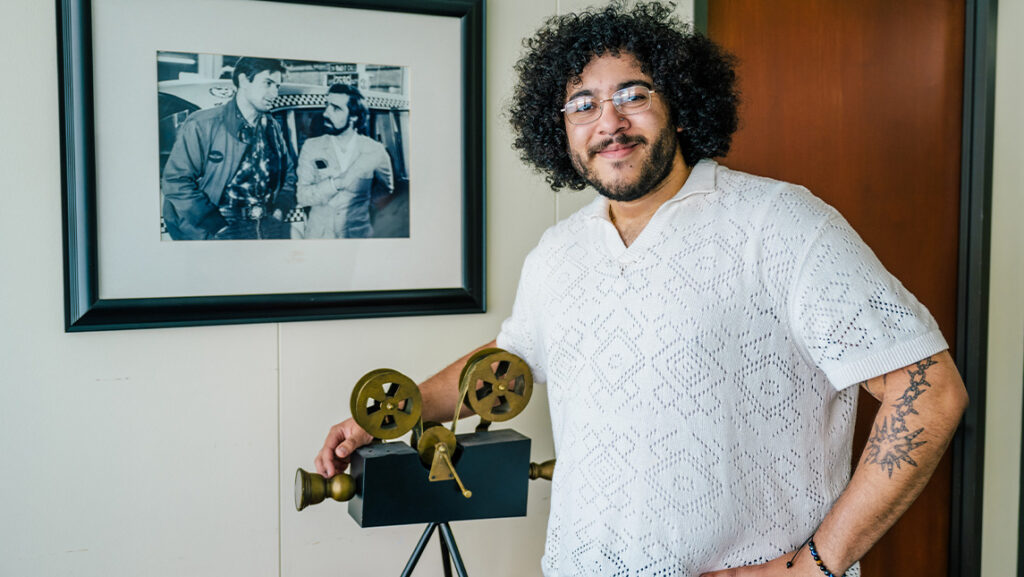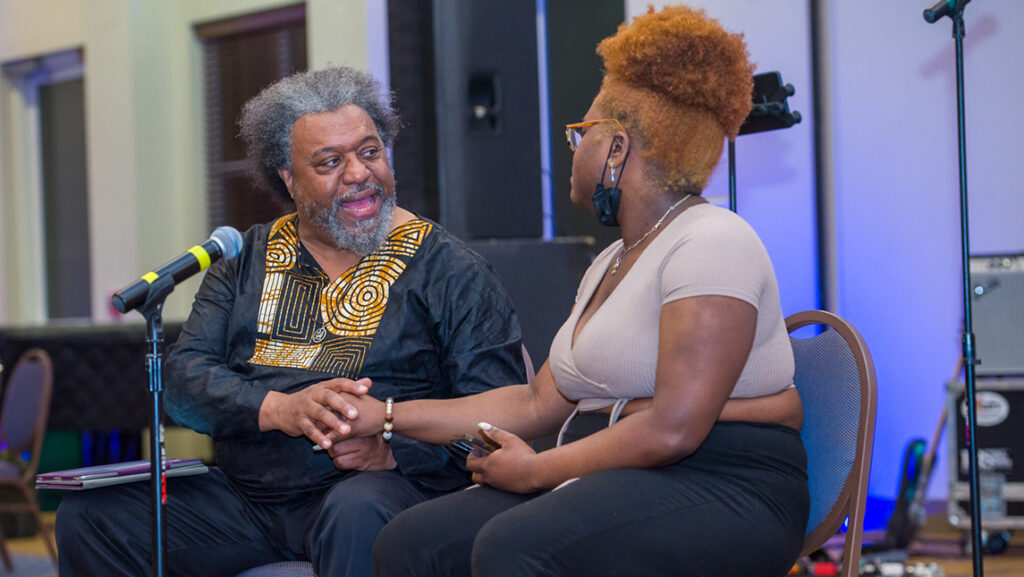
A team of UNC Greensboro researchers, tribal nation leaders, and national community organizations have been awarded a $1.4 million Institute of Museum and Library Services grant to increase access to literacy resources and libraries for Native American children and families.
UNCG will partner with five Native American tribes – Crow Tribe of Montana, Eastern Band of Cherokee Indians, Lumbee Tribe of North Carolina, Northern Cheyenne, and Kewa Pueblo, formerly Santo Domingo Pueblo – and two national organizations, Head Start and Little Free Library. The goal of the three-year project is to break down existing barriers to literacy and improve reading scores among Native American youth by providing children and families who may live in book deserts with brand-new, carefully selected, and culturally relevant books. Specific plans for increasing parent/child reading at home will also be introduced.
“This grant is a perfect example of a university coming alongside community partners and leveraging its expertise to study and address societal challenges. It’s a really beautiful synergy,” said Dr. Anthony Chow, associate professor in UNCG’s Department of Library and Information Science and principal investigator on the grant. “For me, this grant represents a lifetime achievement award. It’s a true privilege.”
The project, named “Reading Nation Waterfall,” is vital for several reasons:
- National fourth grade reading scores in the United States have increased for all racial/ethnic groups except American Indian/Alaskan Natives.
- Reading proficiency is the primary indicator for future academic success and quality of life.
- Reading from ages 0-5 is a foundational catalyst for brain and cognitive development.
The project team plans to distribute 35,000 books to the five tribal nations in the next three years, with distribution set to begin this fall. UNCG researchers will work closely with tribal leaders and partner with libraries and schools to implement new literacy programming, adhere to best practices, and develop a system framework so that the work can be replicated well beyond the grant.
The project is based on findings from a 2018-19 IMLS planning grant, in which the research team set up three Little Free Libraries in Blackfeet Nation and distributed over 1,000 books to the community. Researchers found that despite Blackfeet parents seeing the value of reading to the future of their children, many of those children, due to a complex and interconnected web of barriers, appear to be growing up in book deserts with little access to books.
Native Americans experience disproportionately high rates of poverty and unemployment. Schools, and in turn, school libraries, are often underfunded. Additionally, Native American cultures may not typically have the same tradition of visiting and using physical libraries located in communities; rather, they tend to have strong oral storytelling traditions.
The project reflects a significant paradigm shift for traditional community libraries. By placing Little Free Libraries in centrally located and convenient places – schools, grocery stores, Head Start programs, etc. – and by giving away librarian-curated new books instead of loaning them out, the team hopes to eliminate socioeconomic and physical barriers for Native American youth.
“We are excited to work with such nationally recognized partners on the Reading Nation Waterfall project, with Dr. Chow’s leadership from UNC Greensboro along with Head Start’s participation,” said Greig Metzger, Little Free Library Executive Director. “It is a great opportunity to participate in a robust, practical study to better understand how to improve literacy success in Native American communities. Little Free Library has supported Native American library installations through its Impact Library program, but never as part of a systemic framework that allows for comprehensive learning that this project provides. We look forward to participating and incorporating the learning in our efforts.”
“Growing up in a tribal home you experience the benefits of family members telling you stories of how things happened – for example, ‘How the skunk got his tail’ or ‘Why the possum plays dead.’ Tribal people know the benefits of storytelling to the young children in close proximity (sitting on grandma’s lap),” said Tina Routh, president of the National Indian Head Start Directors Association. “We appreciate the efforts of UNC Greensboro in recognizing the benefits of reading to young children and wanting to get books into tribal homes. We hope that this is only the beginning and that in the future more tribal programs will get the benefits of reading to children.”
For more information, visit myreadingnation.com or visit the project’s Facebook or Twitter.


